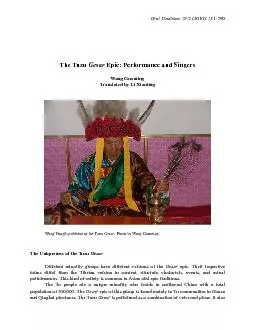PPT-CS31 Discussion 1E Jie(Jay) Wang
Author : enteringmalboro | Published Date : 2020-06-23
Week5 O ct27 O utline Project 3 Debugging Array Project 3 Read the spec and FAQ carefully Test your code on SEASnet Linux server using the command curl s L httpcsuclaeduclassesfall16cs31Utilitiesp3tester
Presentation Embed Code
Download Presentation
Download Presentation The PPT/PDF document "CS31 Discussion 1E Jie(Jay) Wang" is the property of its rightful owner. Permission is granted to download and print the materials on this website for personal, non-commercial use only, and to display it on your personal computer provided you do not modify the materials and that you retain all copyright notices contained in the materials. By downloading content from our website, you accept the terms of this agreement.
CS31 Discussion 1E Jie(Jay) Wang: Transcript
Download Rules Of Document
"CS31 Discussion 1E Jie(Jay) Wang"The content belongs to its owner. You may download and print it for personal use, without modification, and keep all copyright notices. By downloading, you agree to these terms.
Related Documents














